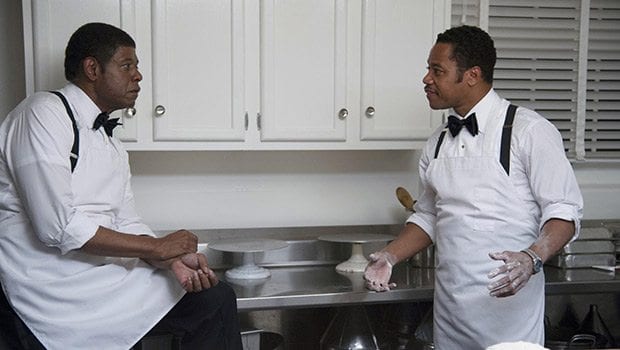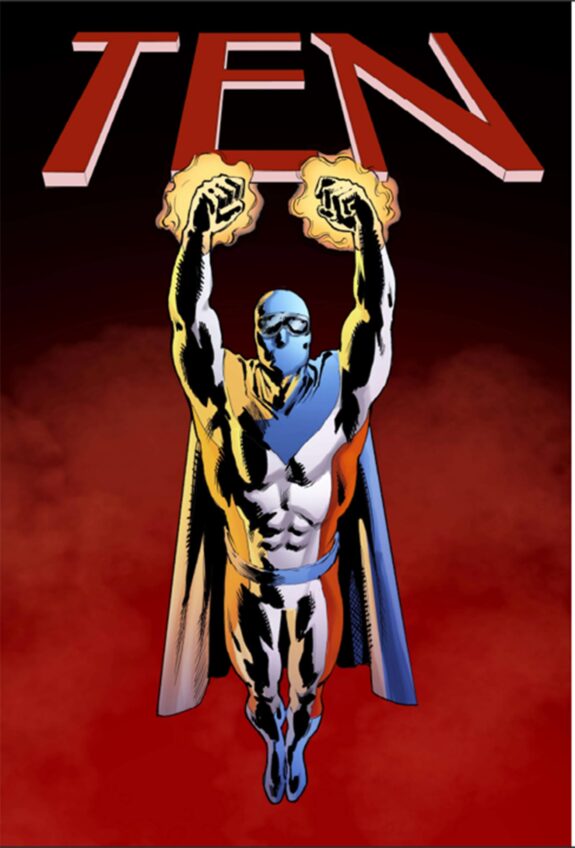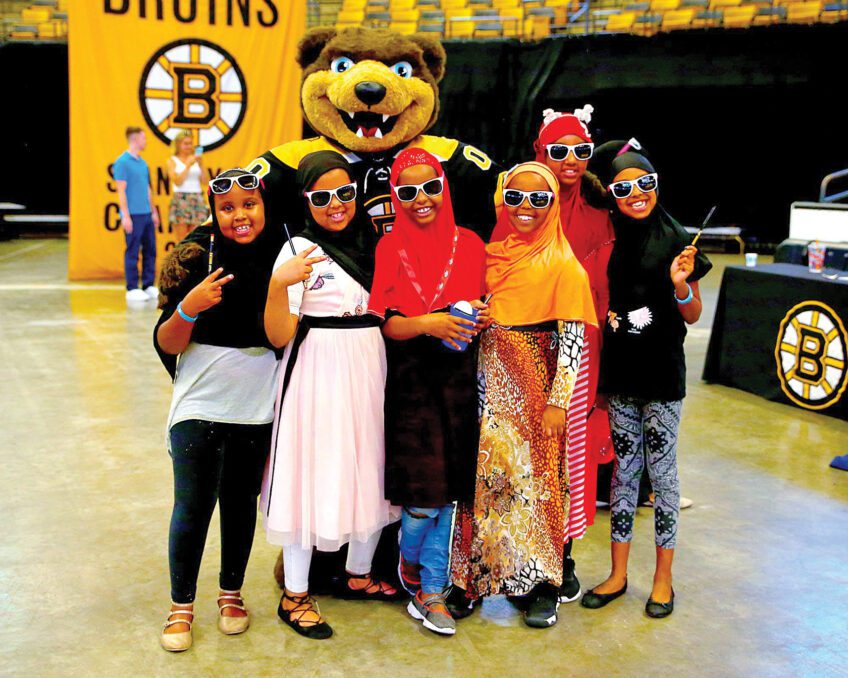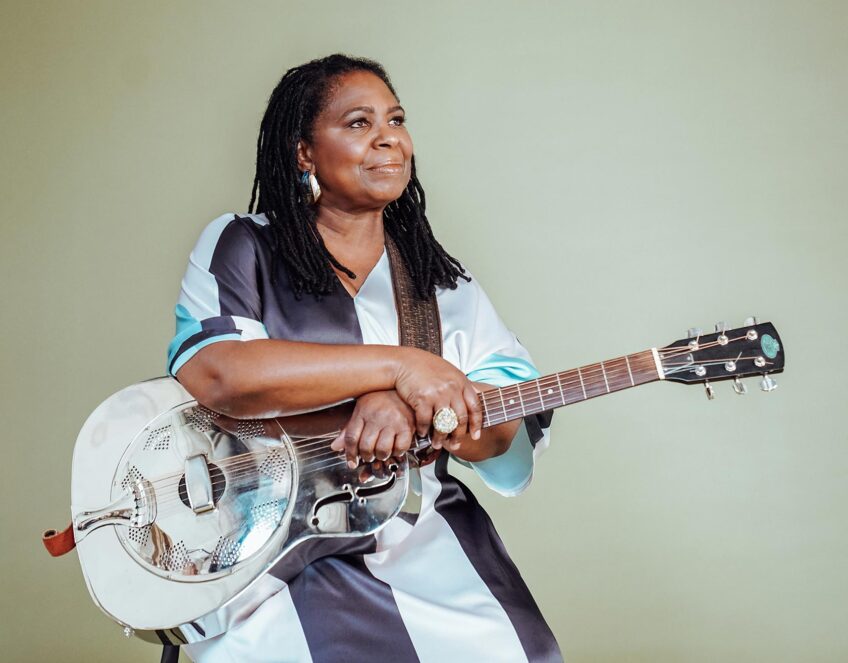‘The Butler’ captures the schism within black families over civil rights


Cecil Gaines (Forest Whitaker) and his wife Gloria (Oprah Winfrey).
This has been a long, hot summer, dominated in part by the trial of George Zimmerman for the murder of Trayvon Martin. The trial, which became a media spectacle, was at its heart the story of the unfulfilled search for justice. The verdict in that case broke millions of Americans’ hearts and inspired the slogan: “We are all Trayvon.”
Now, as the summer nears its conclusion and we await the 50th anniversary celebration of the March on Washington, comes Lee Daniels’ The Butler, in its own way a story of the search for justice. This time the quest is mirrored in the life and work of a black man who served presidents and whose job was to “hear nothing, say nothing, only serve.”
If we are all Trayvon Martin, and I believe that we all are, then this complex and deeply satisfying film informs us that we are all also Cecil Gaines, the fictional stand-in for Eugene Allen, a White House butler who served eight presidents from Harry Truman to Ronald Reagan. The film, inspired by the profile of Allen by Washington Post writer and acclaimed biographer Wil Haygood, is much more than the witness-to-history drama that the trailers seem to promise. Heading the stellar cast is Oprah Winfrey, acting in a rather limited role that she enlarges with a newfound cinematic confidence, and Forest Whitaker, giving a performance that is majestic, terrifyingly beautiful and his best in years.
One of the major contributions of this film is its charged and realistic dramatization of the little-discussed and rarely acknowledged schisms within black families over the strategies of the Civil Rights Movement and later the Black Power Movement. David Oyelowo plays Louis, Gaines’ sensitive, ever-questioning son, whom we first meet as a teenager who wants to attend a demonstration in response to the death of Emmett Till.
The elder Gaines, who managed to escape the South with his life after witnessing the murder of his father by a white man, has — through more hard work than his son could ever imagine — attempted to create a bulwark against the intrusion of that legacy. Having been warned by the black maître d’ who hires him that “there is no tolerance for politics in the White House,” Cecil stamps out his son’s initial spark of activism.
Yet Louis goes on to attend college at Fisk in Tennessee, where he joins the Freedom Riders, gets arrested throughout the South while protesting segregation and ultimately joins the Black Panther Party, which he later leaves, disillusioned by the party’s violent rhetoric and actions. The film brilliantly captures the feel, sound and tenor of those explosive years that changed so much for African Americans, women and other long-marginalized groups.
The sense that the world was teetering on the edge of destruction even as it was experiencing earth-shattering social and political change is the engine that drives those portions of the film, which shows with great poignancy the political education of both father and son. In the Gaines family, as was the case in many black families, arguments over civil rights and the best ways to achieve equality resulted in silence, rejection and disengagement.
The black community never has been and never will be a monolith. Black newspapers called Martin Luther King Jr. a communist when he spoke out against the Vietnam War. Some black businessmen dreaded the dawn of integration, fearing that it would, as it did, destroy the foundation of many black enterprises. The Klan and Southern white powerbrokers could pay a black informant as little as $300 for tips and information that resulted in the death of someone active in the movement.
Back then, I got loud and proud as a student at American University. I worked with the Black Student Union, volunteered “in the community” with Marion Barry’s Pride Inc. and raised money for a local “freedom school.” My heart nearly broke as I watched the scenes in the film of bitter conflict between father and son and mother and son over politics and pride. I remembered the mocking jokes of some of my family members at summer picnics — “Come here, Marita, and shake some of that black power on my hot dog.”
My father forced me to get rid of my Afro and told me that the only color that mattered to him was green. When I wrote a letter to my minister uncle to explain what this new angry quest for identity and justice meant, he refused to open the letter and instead tore it up and threw it back at me.
I too was vain and arrogant as only a youth can be when I told my mother, in another of the seemingly endless arguments about politics, “We won’t make any progress until your entire generation dies off.”
There is a moment in the film when Gloria (Winfrey) breathlessly, angrily reminds her son, who displays an arrogance designed to best and belittle his father, “Everything you have and everything you are is because of that butler.”
My parents did not live to witness my career as a writer whose work has been so deeply entwined with the defining moments of the political and cultural changes of the ‘60s. We may have disagreed about many things, but I too know that everything I am and every word I write is because of my parents — the father who, as my first writing teacher, told me bedtime stories about Frederick Douglass and Sojourner Truth and the mother who told me that one day I was going to write a book.
So much of what makes this film a must-see is its nuanced portrayal of the life that Gaines lives outside the walls of the White House; he loves a son whose choices he cannot fathom and a wife to whom he gives everything but himself.
The Butler is essentially the story not just of one man, but of a family that witnesses history, as all families do. This is the story of how we make history with brave, bold decisions and with small moments when we simply can’t take it anymore. We are all children and the creators of history. History is our past, our families, our love, our loyalty, our faith. We are all Cecil Gaines. We are all the butler.
Marita Golden is the author of more than a dozen works of fiction and nonfiction. She is president emeritus of the Hurston/Wright Foundation, which works to discover and educate African American writers.






